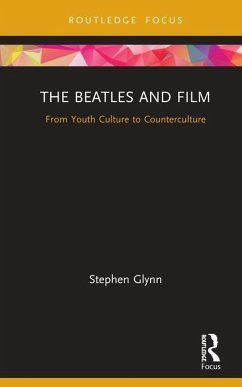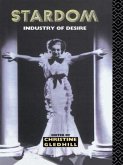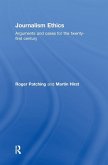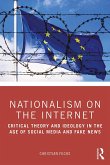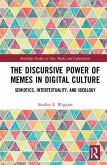This concise yet comprehensive study explores the emblematic journey by four young men from Liverpool from the epicentre of teen-led youth culture to the experimentation of the counterculture and beyond. Beginning with the celebration of Britain's own 'youthquake' in the joyous and genre-shifting A Hard Day's Night (1964), the author delves into how the Beatles' film work allows us to chart their subsequent musical maturation and retreat from the tribulations of stardom in Help!, their tentative attempts at improvised filming in the televised Magical Mystery Tour (1967), their acceptance of cartoon representations as leaders of the hippie counterculture in Yellow Submarine (1968), and the final implosion of their musical dynamic in the recording studios of Let It Be (1970). The book analyses how, as they grew with their fanbase, the Beatles' films alternate stylistically between mimetic representation and allegorical interpretation, and switch narratively between fan-filled and welcoming worlds, to films relaying introspection and isolation. Offering an in-depth case study of the successes and failures of British youth culture in a volatile decade, The Beatles and Film is an engaging text for both scholars and general readers alike.
Hinweis: Dieser Artikel kann nur an eine deutsche Lieferadresse ausgeliefert werden.
Hinweis: Dieser Artikel kann nur an eine deutsche Lieferadresse ausgeliefert werden.
The strength of Glynn's book is that it combines an illuminating analysis of the movies per se, based on the most recent tools of film and music studies, with a sociological insight of the era, providing a new angle from which to consider western youth culture.
Claude Chastagner, review for Cercles Journal of English Studies
The book draws on the Beatles' five films released between 1964 and 1970 to chronologically explore the journey of these four Liverpool musicians from 'the epicentre of teen-led youth culture' to 'the experimentation of the counterculture and beyond'. The analysis is used to examine the idea of youth culture itself ... It provides rich detail, including new material and ideas, and remains easily readable.
Ruth Garland, review for LSE Review of Books
'A nice and concise overview of the Beatles' 1960s films'
Gillian G. Gaar, Goldmine
'The Beatles and Film is an academic work, although other audiences would find interest and value in Glynn's succinct and readable study... Glynn's attention to the films and to the Beatles' depictions on film is important not only for its close analysis of the films themselves but in recognizing them as a major vehicle by which large audiences around the world received and understood the Beatles.'
Nicolette Rohn, The Journal of Beatles Studies
Claude Chastagner, review for Cercles Journal of English Studies
The book draws on the Beatles' five films released between 1964 and 1970 to chronologically explore the journey of these four Liverpool musicians from 'the epicentre of teen-led youth culture' to 'the experimentation of the counterculture and beyond'. The analysis is used to examine the idea of youth culture itself ... It provides rich detail, including new material and ideas, and remains easily readable.
Ruth Garland, review for LSE Review of Books
'A nice and concise overview of the Beatles' 1960s films'
Gillian G. Gaar, Goldmine
'The Beatles and Film is an academic work, although other audiences would find interest and value in Glynn's succinct and readable study... Glynn's attention to the films and to the Beatles' depictions on film is important not only for its close analysis of the films themselves but in recognizing them as a major vehicle by which large audiences around the world received and understood the Beatles.'
Nicolette Rohn, The Journal of Beatles Studies

